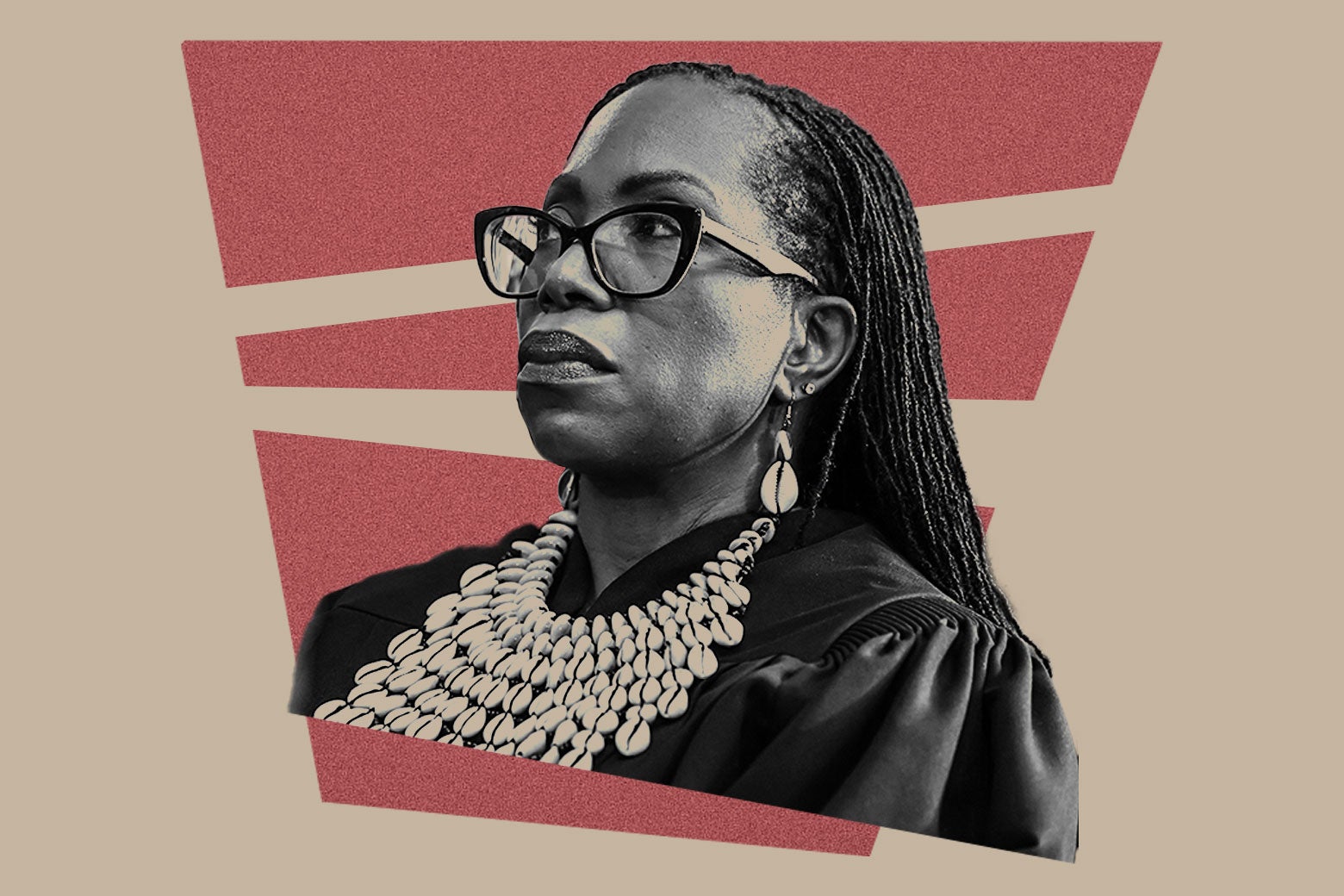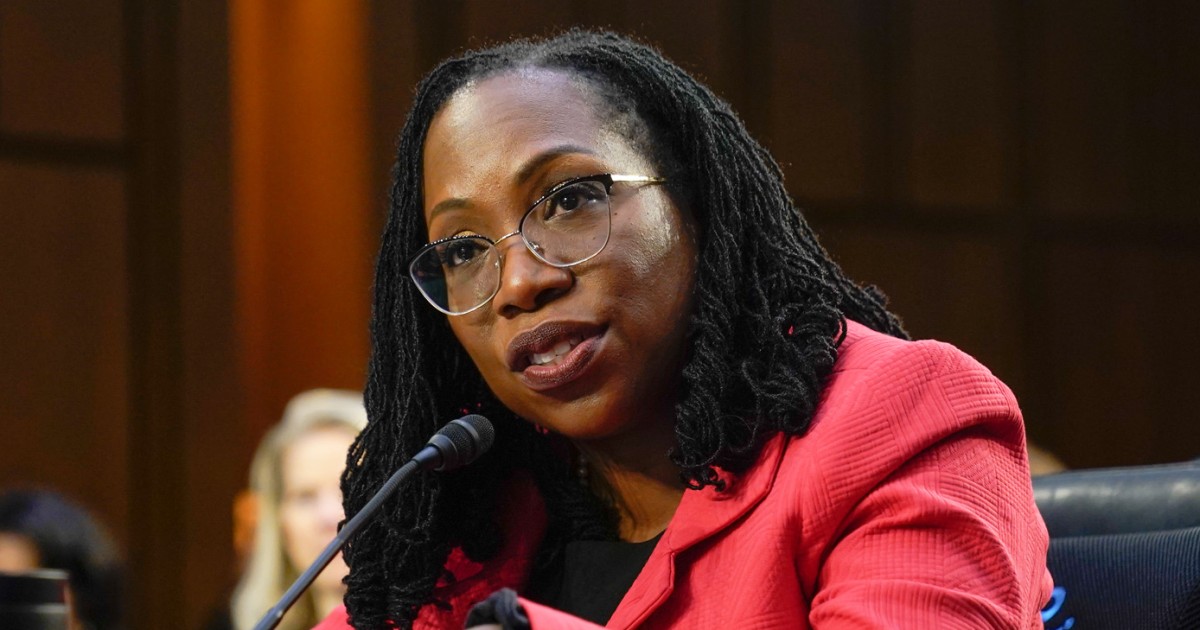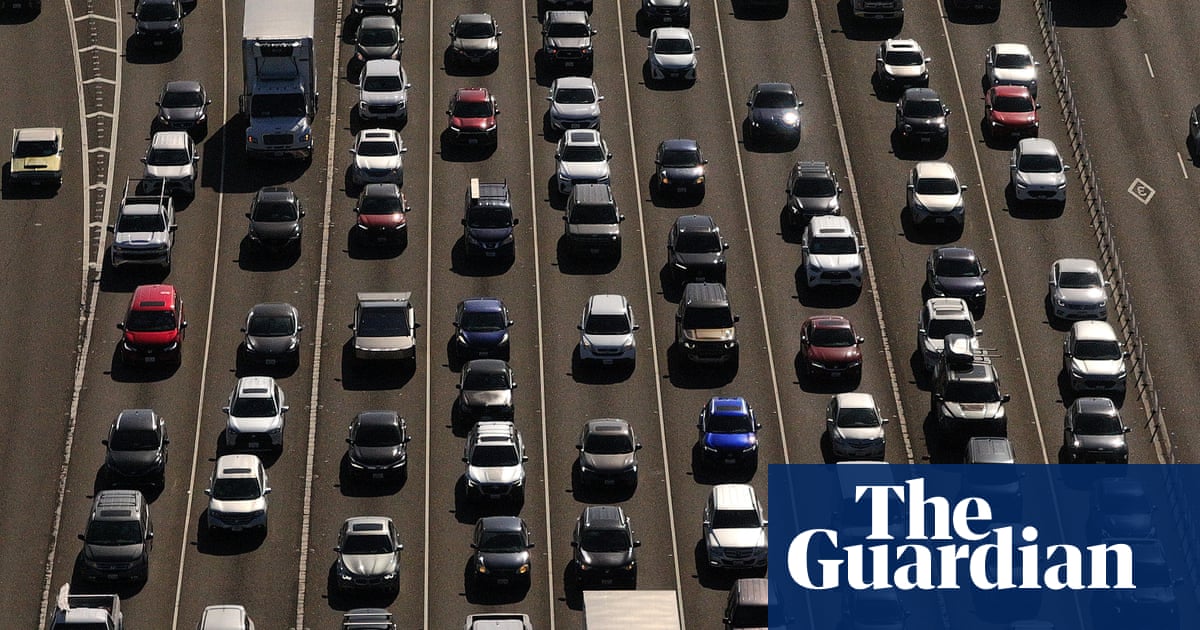Supreme Court Ruling on Emission Standards Sparks Dissent Among Justices
The Supreme Court's recent ruling allows fuel companies to sue California over emission standards, with dissenting justices warning against favoring corporate interests.
Overview
- The U.S. Supreme Court ruled 7-2, allowing fuel companies to challenge California's emission standards, reversing lower court decisions.
- Justice Kavanaugh wrote the majority opinion, stressing that regulations should not unfairly target businesses.
- Justices Ketanji Brown Jackson and Sonia Sotomayor dissented, arguing the ruling favors corporate interests over public rights.
- The Biden administration reinstated California's waiver for setting its own emission limits after it was removed during Trump's presidency.
- Environmentalists express concern that the ruling may weaken the Clean Air Act and limit federal regulatory authority.
Content generated by AI—learn more or report issue.

Get both sides in 5 minutes with our daily newsletter.
Analysis
Articles (8)
Center (1)
FAQ
The Supreme Court addressed whether fuel companies have standing to sue California over its emission standards, allowing these companies to challenge the EPA waiver that permits California to set stricter vehicle emissions rules.
The Supreme Court ruled 7-2 in favor of allowing fuel companies to challenge California's emission standards, with Justices Ketanji Brown Jackson and Sonia Sotomayor dissenting.
The dissenting justices and environmentalists warn that the ruling favors corporate interests over public health and environmental protections, potentially weakening the Clean Air Act and limiting federal regulatory authority.
The Biden administration reinstated California’s waiver to set its own vehicle emission limits after it had been removed during the Trump presidency, allowing California to enforce more stringent pollution rules.
The ruling could expose California’s vehicle emissions standards and electric vehicle policies to further legal challenges by fuel producers, complicating the state's efforts to phase out gas-powered cars by 2035 and potentially undermining its leadership in clean vehicle initiatives.
History
- 13d

 6 articles
6 articles






